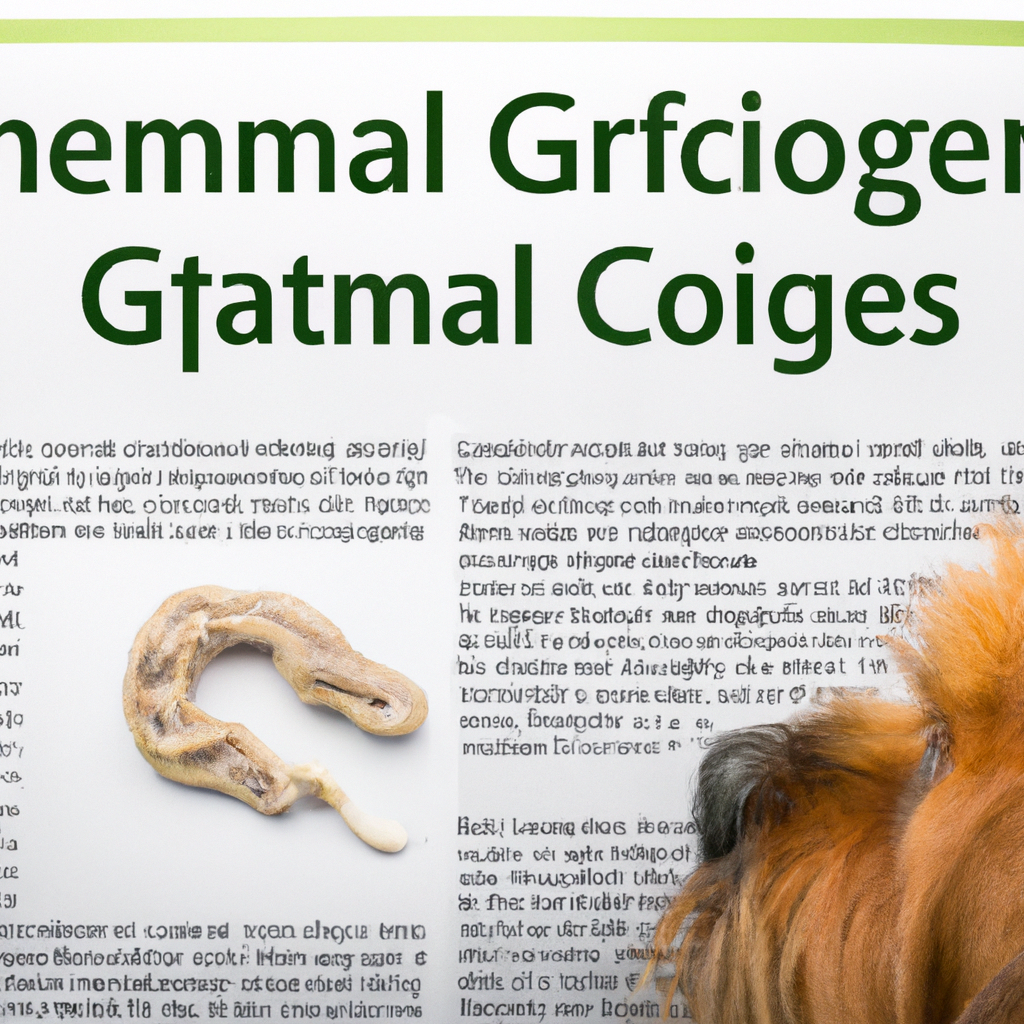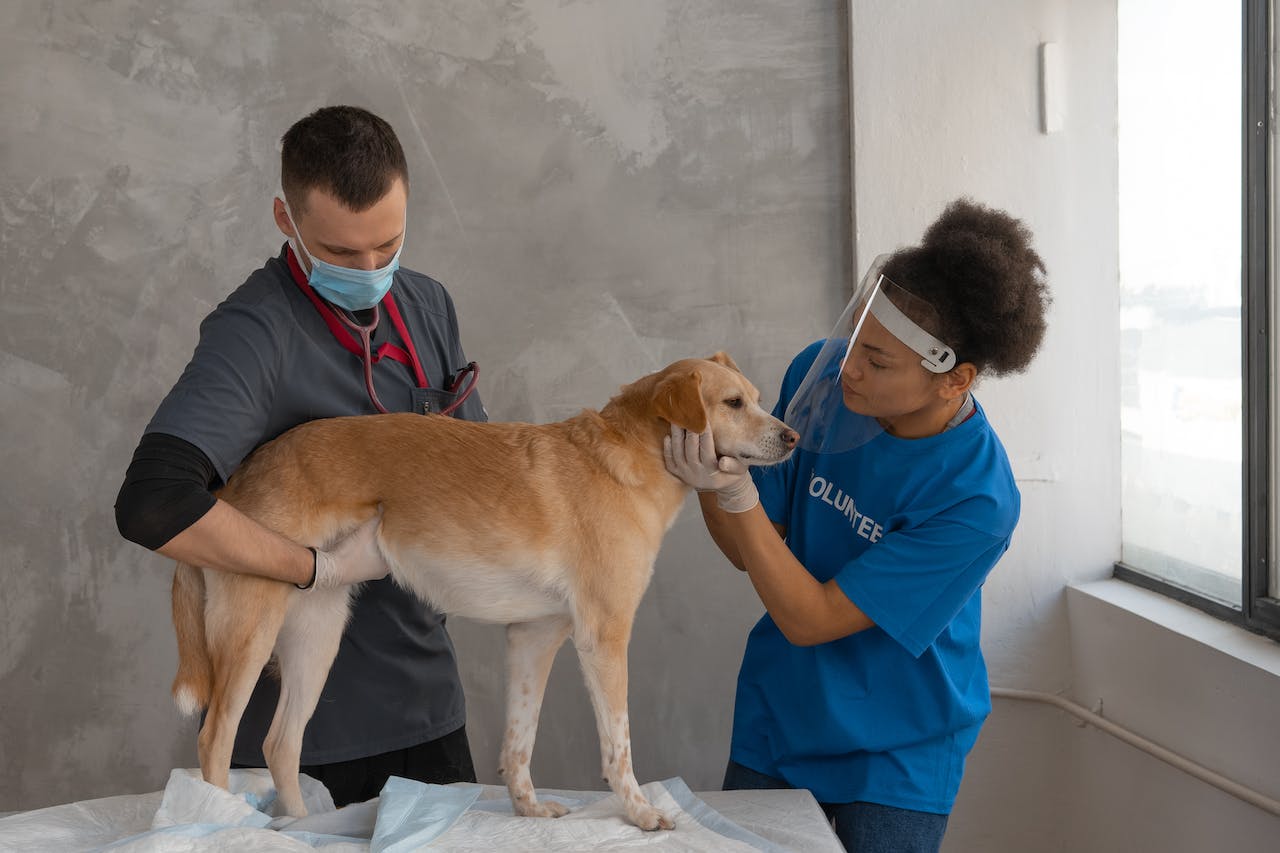Recognizing and Managing Common Gastrointestinal Issues in Dogs
Recognizing and Managing Common Gastrointestinal Issues in Dogs Introduction Gastrointestinal issues in dogs can cause discomfort, pain, and even

Recognizing and Managing Common Gastrointestinal Issues in Dogs

Introduction
Gastrointestinal issues in dogs can cause discomfort, pain, and even lead to serious health problems if not properly managed. As a responsible dog owner, it’s essential to be able to recognize the common signs of gastrointestinal issues and take appropriate steps for their management.
Common Signs of Gastrointestinal Issues
Understanding the signs and symptoms can help you identify if your dog is experiencing gastrointestinal problems. Look out for the following:
- Vomiting: Frequent or recurrent vomiting can indicate an upset stomach or a more serious condition.
- Diarrhea: Loose or watery stools can be a sign of various gastrointestinal ailments.
- Loss of Appetite: If your dog suddenly loses interest in food, it may be a red flag.
- Abdominal Pain: Signs of discomfort like restlessness, whining, or reluctance to be touched around the belly area should not be ignored.
- Flatulence: Excessive gas can indicate digestive issues.
- Weight Loss: Unexplained weight loss could be a consequence of gastrointestinal problems.
Types of Gastrointestinal Issues
Gastrointestinal issues in dogs can be caused by various factors. Here are some common ones:
- Dietary Indiscretion: Eating garbage, toxins, or consuming a diet their stomach is not accustomed to can result in gastrointestinal upset.
- Food Intolerances or Allergies: Some dogs may have sensitivities to certain ingredients in their food.
- Infections: Bacterial, viral, or parasitic infections can lead to gastrointestinal issues.
- Pancreatitis: Inflammation of the pancreas can cause digestive disturbances.
- Inflammatory Bowel Disease: A chronic condition leading to inflammation of the digestive tract.
- Obstructions: Blockages in the intestines can cause severe complications and require immediate medical attention.
Management and Prevention
If you suspect your dog is experiencing gastrointestinal issues, it’s crucial to consult a veterinarian for an accurate diagnosis and appropriate treatment. However, there are some general tips to help manage and prevent gastrointestinal problems:
- Proper Diet: Feed your dog a balanced and high-quality diet suitable for their specific needs.
- Avoid Food Scraps: Human food, especially fatty or spicy items, can cause digestive distress in dogs.
- Regular Exercise: Physical activity helps maintain healthy digestion.
- Reduce Stress: Minimize stressful situations as stress can contribute to gastrointestinal issues.
- Maintain Hygiene: Keep your dog’s living area clean to prevent infections caused by bacteria or parasites.
- Regular Vet Check-ups: Regular check-ups can help detect any gastrointestinal problems at an early stage.
Remember, each dog is unique, and their gastrointestinal health may vary. Paying attention to their behavior, dietary habits, and promptly addressing any signs of discomfort can contribute to a healthier digestive system and a happier canine companion.
Disclaimer: This article is for informational purposes only and is not intended as a substitute for professional veterinary advice.




